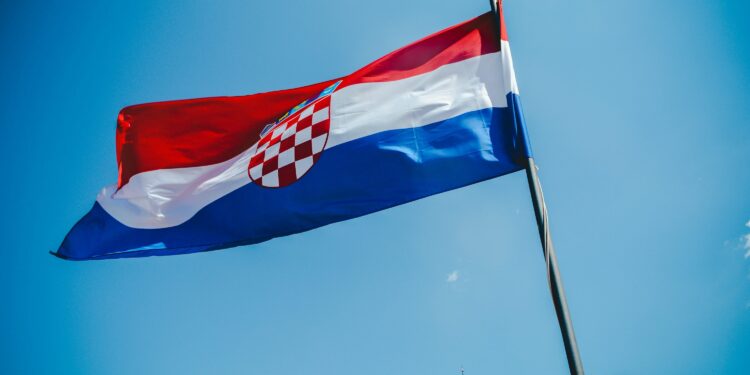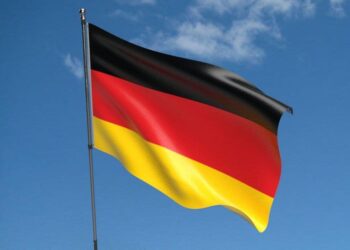Croatia is set to implement significant changes to its EU Blue Card program, aiming to enhance the appeal for highly qualified foreign workers.
The Croatian government, according to TravelBiz, plans to double the validity of the EU Blue Card from two to four years as part of a comprehensive reform of the Aliens Act, currently under review.
These reforms are designed to address labour shortages in the country and to create a more welcoming environment for foreign professionals.
What To Know
The EU Blue Card serves as a residence permit for highly qualified non-EU citizens, allowing them to live and work in EU member states. It is designed to attract skilled professionals to fill labour shortages in critical sectors. Benefits include the ability to move between EU countries under specific conditions and expedited access to permanent residency.
Extended Stay to Enhance Workforce Stability
Once approved, foreign workers with an EU Blue Card will be able to stay in Croatia for up to four years, an increase from the current two-year limit, reports inform.
This change is expected to offer more stability for skilled professionals looking for long-term jobs. Prime Minister Andrej Plenković stated.
Foreign Affairs Minister Davor Božinović added that ‘the main goal is to attract skilled workers to Croatia.’
The extension is also intended to help Croatia address its labour shortage and create a more welcoming environment for qualified professionals. As it is a step toward building a strong workforce to support the country’s economy.
New Eligibility Rules for IT Workers
Reports inform that Croatia planned to expand the eligibility criteria for the EU Blue Card, especially for IT professionals, alongside extending its validity. Under the new rules, people without formal degrees in IT but with relevant skills and experience can apply.
They will need to prove their work experience, which will be evaluated by a dedicated committee. This initiative aims to attract talent in key industries like IT, where practical skills are often more important than formal qualifications.
Rising Number of Work Permits Issued
According to reports, from January to September 2024, Croatia granted 158,837 residence and work permits to foreign nationals.
Most permits went to workers from Bosnia and Herzegovina, Nepal, and Serbia. These workers are primarily employed in construction, tourism, and trade, highlighting the variety of industries benefiting from foreign labor.
Requirements for Obtaining Croatia’s EU Blue Card
To qualify for Croatia’s EU Blue Card, applicants must meet several criteria:
1. Valid Employment Contract: Applicants must have a valid employment contract for at least one year in a highly qualified profession that aligns with the labor market needs.
2. Minimum Salary Requirement: Applicants are required to meet a salary threshold of 1.5 times the average annual salary in Croatia, currently set at €24,845.64 per year.
3. Educational and Professional Qualifications: While unregulated professions require proof of relevant educational qualifications, regulated professions must meet specific legal requirements in Croatia.
4. Financial Resources: Applicants must demonstrate sufficient financial resources to support themselves during their stay, ensuring they will not rely on public funds.
Application Processing Time and Fees
The processing time for the EU Blue Card typically ranges from 30 to 60 days.
Applicants are required to pay an initial application fee of €74.32, covering the processing costs of the Blue Card.





















